For decades, thousands of Korean children were sent abroad for adoption, their lives determined by private agencies operating with minimal oversight and often incomplete documentation.
One of those children was John Quick, now a 42-year-old restaurant owner in Seoul, who was adopted just six months old by an American family in 1983. More than four decades later, the truth of his origins remains elusive.
“The adoption papers I have with me say I was abandoned, but the agency says they have information on my parents that they can’t disclose,” he said.
Quick is one among the generations of Korean adoptees who have navigated sparse records and legal secrecy in search of their roots. Following the devastation of the 1950-53 Korean War, Korea became one of the world’s largest sources of children for international adoption, primarily to the United States and Europe.
While the process created families abroad, it also splintered families in Korea — and left adoptees searching for answers.
On Saturday, that era may have come to a close. Two new laws that came into effect — the Special Act on Domestic Adoption and the Act on Intercountry Adoption, passed in 2023 — officially transferred nearly all authority over adoptions to the Korean government.
The reforms portend a significant departure from a system long dominated by private agencies that, critics say, were driven by expedience and profit.
Belated changes
Under the new framework, local governments must first identify children in need of adoption. Prospective Korean parents must apply through the National Center for the Rights of the Child (NCRC), which screens applicants and provides training in child care. Final placements are decided by a committee within the Ministry of Health and Welfare, alongside judicial review.
In contrast, international adoptions now fall almost entirely under government control. The Health Ministry is tasked with approving overseas placements and liaising with foreign authorities to ensure children’s welfare abroad.
Zach Benson, a 39-year-old adoptee who was sent to Iowa just five months old, called the overhaul “a step in the right direction,” adding that he hopes the new policies bring “more transparency and clearer record-keeping.”
Others, however, remain skeptical. “At every turn, I was told accessing files on my parents was not possible,” Quick said. “It seemed like the state and the agency were both working to keep bad practices from coming to light.”
Among the most notable changes is a provision requiring judges to consider a child’s opinion, regardless of age — a shift from the previous age threshold of 13 years.
The reforms align Korea with the Hague Convention on Intercountry Adoption, a global treaty intended to curb child trafficking and ensure ethical adoption practices.
Korea signed the treaty in 2013, but it is only due to ratify it in October.
Diminished role for agencies
The changes entail a smaller role for private agencies that have dominated adoptions from Korea, such as Holt International Children's Services. While some of their functions — such as counseling — will continue, they will no longer decide placements.
Quick called this change “long overdue.”
“The profit motive that drove agencies to export babies should be taken out of the adoption process,” he said, adding that he hopes the government will “act more with the welfare of children in mind.”
Greg Norrish, who was adopted by an American family in 1986, said the changes “come a little late.”
“It seems the Korean government wants to manage this issue now that adoptions from Korea aren’t as common as they used to be,” he said.
Yet some remain concerned about whether a government-run system will adequately meet the needs of children. Chloe Edwards, adopted by a family in Minnesota at five months old, said she worries the new laws “could delay or hinder the adoption of children in need of homes.”
She observed that attitudes that make adoptions necessary still persist. “The social stigma around children born out of wedlock or with disabilities needs to change in Korea,” she said.
Troubled histories
The recent policy shift appears aimed at preventing children from being sent abroad when adoption is not the only or best option available.
Since the end of the Korean War, more than 170,000 Korean children were sent overseas for adoption. If unofficial records are taken into account, the actual number could be closer to 250,000.
Testimonies have revealed troubling practices by child and health care institutions that left both children and biological families in the dark regarding each other’s circumstances and whereabouts.
Kathryn Lawrence, a 38-year-old graduate student adopted with her twin sister by a family in Michigan, said her birth parents were unable to retrieve the siblings after placing them in an orphanage.
“My birth parents already had three children, so they initially thought the economic burden of raising two more would be too great. They said they later looked for us at the orphanage, only to be told we had already been put up for adoption,” she said.
A Danish adoptee who asked to remain anonymous described her unease after a local agency was shuttered over violations of adoption protocol. “It’s been a whirlwind not knowing with 100 percent certainty if the story I’ve been told my entire life is true or not,” she said.
While some adoptees have reunited with their birth families, all who were interviewed said they know most are not so lucky. Those who try must rely on the very agencies that once handled their adoptions.
Edwards was reunited with her biological mother in 2015 after initiating a search through her U.S.-based agency. “I found them to be very cooperative,” she said. “The agency initiated a free family search on my behalf upon receiving my request.”
But others expressed discomfort with such dependence. Cory Lemke, a 34-year-old educator who was adopted by a family in Arizona, was born prematurely after his mother was left comatose by a car crash. His biological uncle and grandfather then put him up for adoption.
“I was fortunate that my uncle made inquires about me years later, which I suspect is why the agency offered to search for my biological relatives,” Lemke said. “That’s not the case with many other adoptees, and I think it’s wrong that the power to find information about birth families rests with a private organization.”
Continuing roadblocks to information
Despite the transfer of adoption records to the NCRC, access remains heavily restricted. Current law allows adoptees to obtain information about birth parents only if those parents consent or are confirmed deceased.
“Most adoptees usually don’t have a way of contacting their birth parents directly to obtain their consent,” Lawrence noted.
Quick, who was told his father died in 2015, believes the law obstructs his fundamental rights. “If it’s true that my father died relatively young, I should be able to access his information in case there are any genetic issues that might impact my own health.”
Norrish attributed the secrecy to prejudice regarding unwed parents. “I’m aware that these people already made the difficult choice of giving up a child. An adoptee showing up on their doorstep would probably add to that difficulty.”
A constitutional review is underway to determine whether current restrictions violate the right to know one’s origins.
In the meantime, logistical hurdles abound. As of mid-2025, only four major agencies have handed over their archives. Many records stored in orphanages or local offices are unaccounted for.
The NCRC requested 2.4 billion won ($1.75 million) this year to build a secure, permanent archive for adoption records, but received only 1.8 billion won. A temporary facility — a converted logistics warehouse outside Seoul — is being used in the interim.
“These papers and records from adoption agencies are sometimes our only documentary connection to our birth families,” Lemke said. “It’s disrespectful to trundle them into delivery trucks and store them in a warehouse.”
Lawrence called the current system “a form of discrimination” against adoptees. “There would be an uproar if the family records of Korean citizens were gathered in this way,” she said.
Reflections on adoption
For many adoptees, the experience of growing up abroad was marked by questions of identity and belonging.
While Lawrence said she maintains close ties with both her adoptive and biological families, she questioned the broader motivations behind intercountry adoption. “A Western savior complex perpetuates the practice of overseas adoptions from Korea,” she said. “It’s better for adoptions to be handled domestically.”
Some expressed feelings of gratitude. Benson, who reunited with his birth mother in 2010, said he was still “thankful” to have been raised “in a stable family environment,” despite being bullied as the only Asian child in his Iowa hometown.
Norrish and Edwards, who both said it “took a lot of time” to work through the emotional complexities of their adoptions, approach their experiences differently.
Edwards, who now coaches adoptees in Colorado, encourages her teenage clients to view their adoption as a “unique kind of superpower,” while Norrish views reckoning as part of the process of “growing up.”
Others are less sanguine. “I was often made to feel that the racism I experienced growing up in Iowa was my fault or that it wasn’t actually happening,” Quick said, noting that it partially led to his estrangement from his adoptive family.
Adoptees also called for better understanding from Koreans about their stories.
Lemke said they should not view adoptees as a “relic” of the country’s impoverished past. “A lot of people think of international adoptions as a social issue or problem, but really, this was our lives. We are part of this nation’s collective history.”
























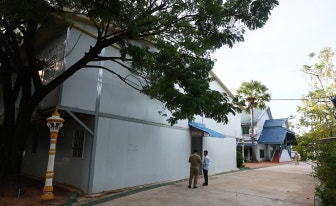
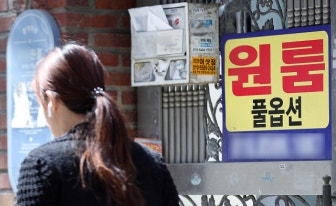

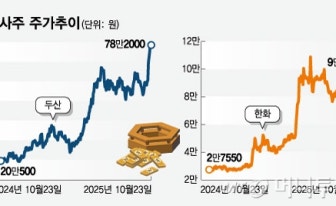
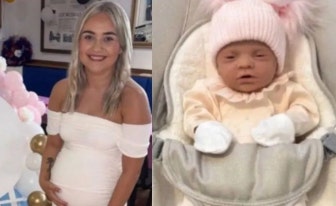
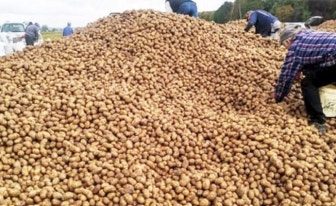



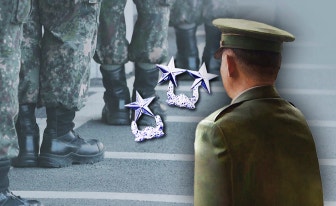
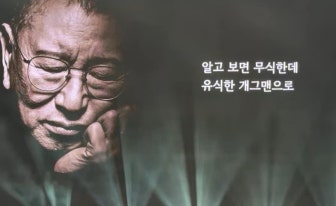
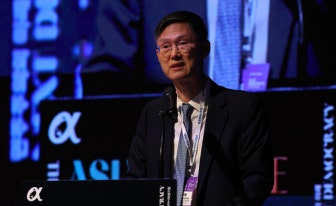
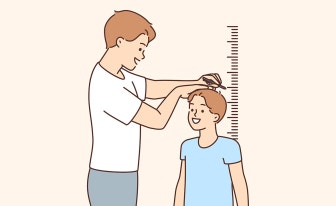
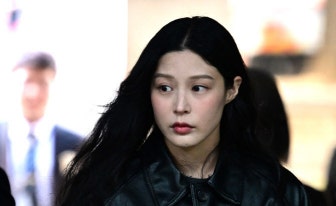
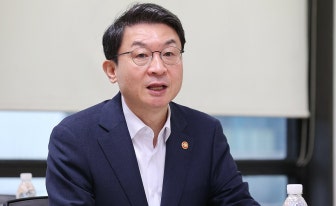

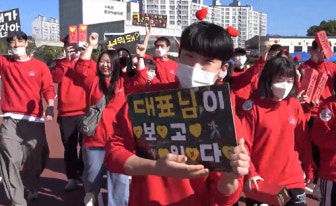

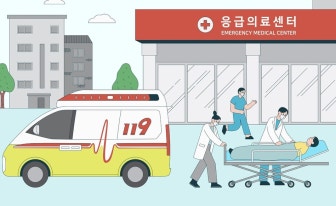
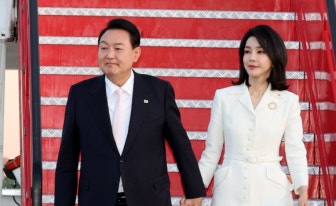
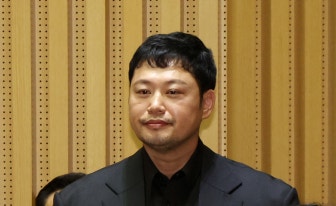

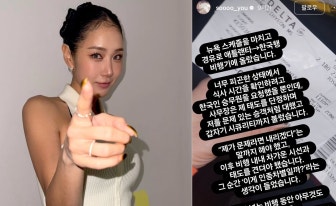

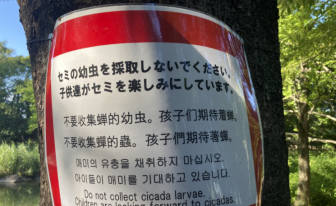

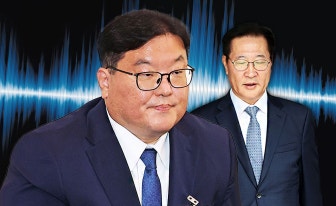




.png?type=nf190_130)





